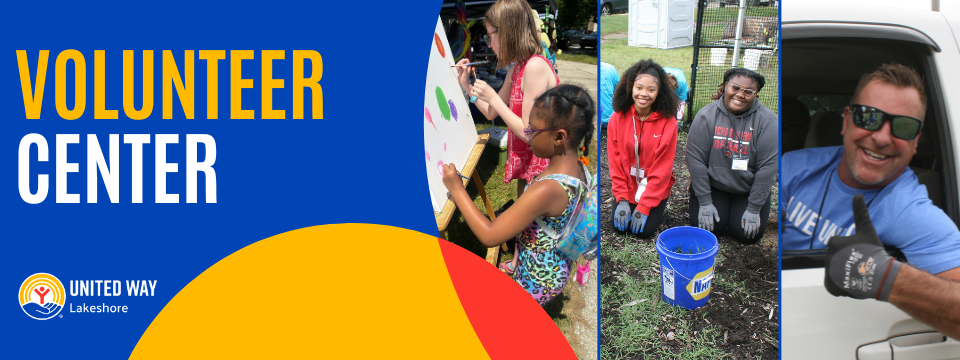With the aid of a grant from the State Supreme Court, the Community Dispute Resolution Program offers mediation, and other forms of dispute resolution, as alternatives to formal litigation. Alternative Dispute Resolution (ADR) offers many advantages when compared to the typical court process. For example, individuals are given the opportunity to actively participate in the resolution of disputes, relationships are often improved or maintained, costs are minimal, and the community benefits from a peaceful resolution of individual problems. At the same time, the agreements that arise from mediation are as binding as a decree from the courts.
Our volunteer mediators mediate a wide variety of disputes. Neighborhood problems, parenting-time and custody issues, merchant-consumer complaints, civil-rights cases, restorative justice programs in juvenile court, general civil and small claims matters, and any other type of dispute that you can imagine are resolved through this process.
Volunteer mediators must complete a 40-hour, court-approved training program and 10 hours of observation before they mediate cases. Additional advanced mediation is available for those interested. This specialized training allows mediators to work in Special Education, Balanced and Restorative Justice, Adult-Guardianship, and other specific areas.


